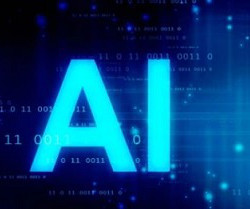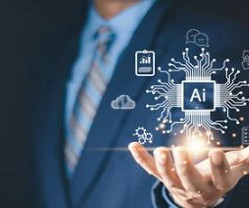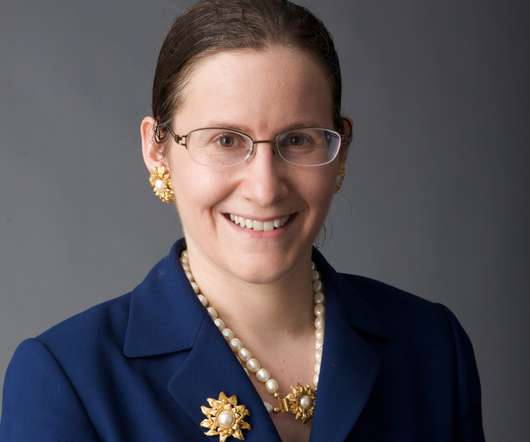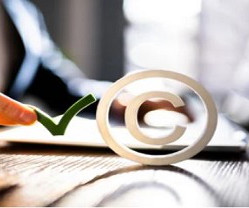Conundrum Involving The Ownership Of The Work Created By Ai
IP and Legal Filings
APRIL 20, 2023
AI can explore data or information that is accessible in public domain or copyright of other person and can investigate or work upon that information but only to that extent which the software program permits. [3] Therefore, AI may not equipped for generating an original work. Hence, ownership is not granted to the AI.











Let's personalize your content